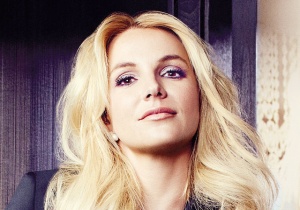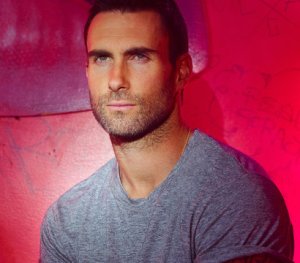 Being on the dating scene, I’ve been reconsidering what characteristics I desire in a partner and which are absolute deal breakers. A situation I’ve come across more and more lately are men with a child or children. Divorcees, single fathers, or men who parent part-time, they identify themselves in various ways. Dating these men comes with the implicit agreement that you will be meeting and eventually spending your time with a person under the age of eighteen.
Being on the dating scene, I’ve been reconsidering what characteristics I desire in a partner and which are absolute deal breakers. A situation I’ve come across more and more lately are men with a child or children. Divorcees, single fathers, or men who parent part-time, they identify themselves in various ways. Dating these men comes with the implicit agreement that you will be meeting and eventually spending your time with a person under the age of eighteen.
Until now I never considered a man having children to be problematic. After all, there all sorts of families, many of them featuring stepchildren. I’m now realizing that the situation is far more complex than it may at first appear. Men with children, rightfully, can prioritize their children. As a woman in the beginning stages of a relationship, it can be off-putting to know that you are in second place by default. Then there is the issue of having the relationship become long-term and essentially becoming a stepmother and assuming all the responsibilities of mommy long before having any children of your own. And of course there are the issues that can arise with the child’s mother. She is free to interrupt your plans with emergencies, call at odd hours, and otherwise impose.
Dating a man with children has its upsides. Such a man is likely more stable, responsible, and past the stage of having his world center around his selfish needs. A woman can be assured that such a man will make a good father because he already is one. In many cases he is more than capable of sustaining a long-term committed relationship because he likely has already been in one.
Is the extra work of dating a man with kids worth it, however? Single women without children, I’m interested in your thoughts in particular. Other women and men are also welcome.

 The United States has always been a nation of many cultures and groups of people, who all contribute to make it the unique nation it is. However, as the diversity of cultures has increased and spread in the past several years, views on the matter have become more one-sided. Also in recent years, other Western nations have moved in a similar direction towards a multicultural society.
The United States has always been a nation of many cultures and groups of people, who all contribute to make it the unique nation it is. However, as the diversity of cultures has increased and spread in the past several years, views on the matter have become more one-sided. Also in recent years, other Western nations have moved in a similar direction towards a multicultural society.




 Do you discuss politics with family, friends, and acquaintances?
Do you discuss politics with family, friends, and acquaintances? Millennials (also known as Generation Y) is the generation of people born between the early 1980s and the mid ’90s. This group is currently in their early 20s to mid 30s.
Millennials (also known as Generation Y) is the generation of people born between the early 1980s and the mid ’90s. This group is currently in their early 20s to mid 30s. Three years ago I wrote
Three years ago I wrote 


